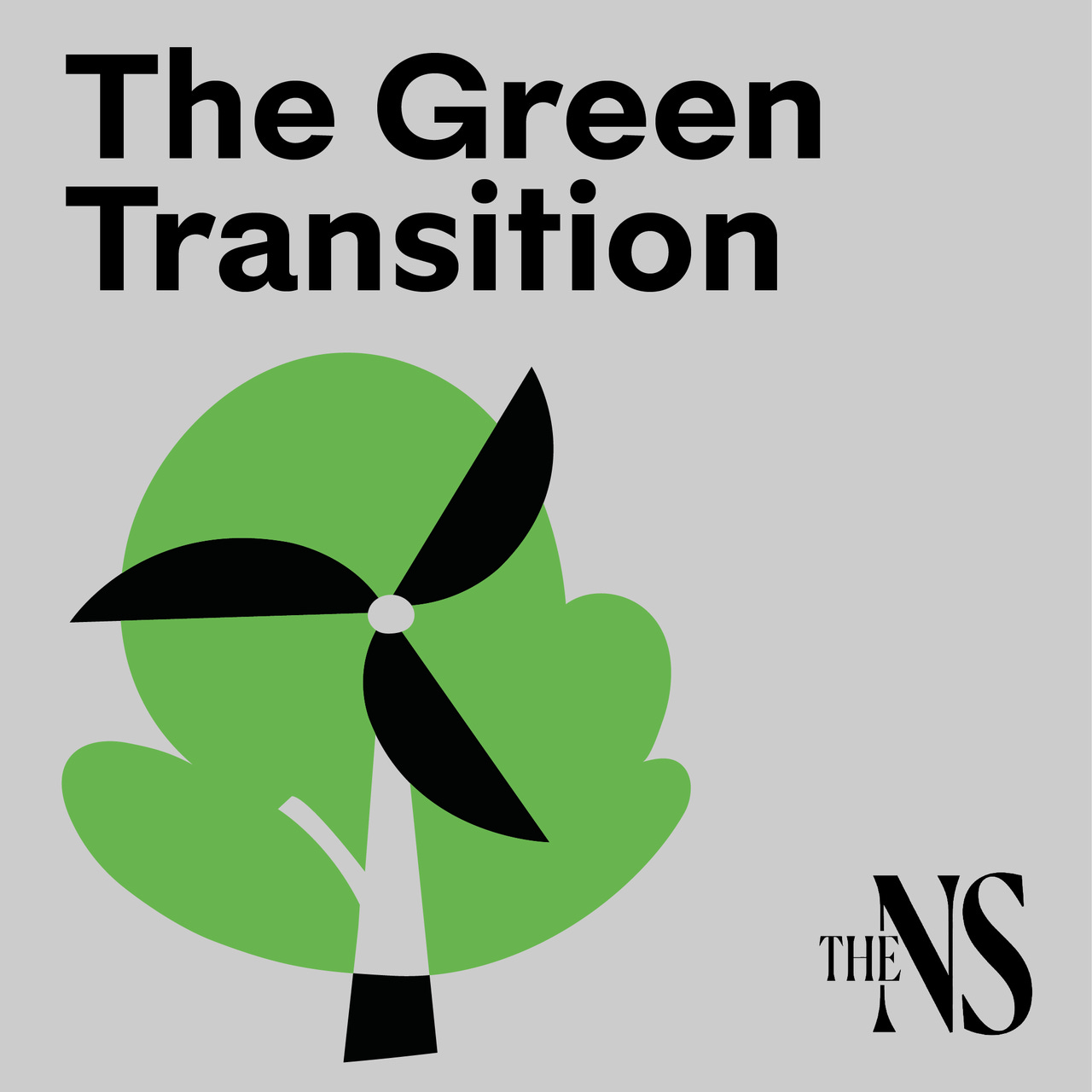Guests:
Adam Bell, Director of Policy at Stonehaven
Megan Kenyon, Policy Correspondent at The New Statesman
Sugandha Srivastav, British Academy Fellow and Lecturer in Environmental Economics at the Smith School, Oxford University
Episode Summary:
One week after Labour’s sweeping victory, we ask three of the smartest observers of UK climate and climate tech policy about early moves like the hiring of Chris Stark, the removal of the offshore wind ban, and picking a fight with NIMBYs - some of whom may turn out to be people who otherwise argue for faster climate action in the Greens and Lib Dems. Can they keep up the pace?
Wicked Problems Live!:
We’re partnering with Startup Coalition to do our first IRL live show at the Labour Party Conference fringe on 22nd September in Liverpool. Stay tuned for announcements of guests and if you’re interested in getting involved drop us a line at info@wickedproblems.uk!
And 2-3 October during their Climate Change Conference at Chatham House in London we’re back chairing a new edition of an amazing one-of-a-kind exclusive event - Climate TeX Factor - bringing an expert panel to really kick the tyres on climate tech solutions. Get tickets or get in touch to see how your company might get involved with the conference.
Key Topics and Highlights:
UK's New Climate Policies:
Adam Bell discusses the recent swift actions by the new UK government, such as lifting the ban on onshore wind. He highlights the necessity of equitable climate policies to avoid creating "low carbon haves and have-nots" and the potential for backlash if climate benefits are not widely shared
Challenges and Strategies in Climate Communication:
Adam Bell emphasizes the importance of innovative communication strategies to garner local support for climate projects. He suggests that community-specific benefits, such as cash payments or co-ownership, might be necessary to gain broader acceptance of renewable infrastructure projects like pylons and wind turbines.
Policy Insights and Green Economy Reporting:
Megan Kenyon shares insights from her reporting on the green economy, including the rapid policy shifts following the UK election. She mentions the importance of engaging the community in the planning and implementation of climate projects to ensure their success and sustainability
Global Climate Action and Economic Implications:
Sugandha Srivastav discusses the broader global context, focusing on emerging markets like India and their significant impact on global emissions. She also touches on the role of market forces in driving the adoption of renewable energy and the need for a mission-oriented approach to climate policy
Innovative Approaches to Climate Policy:
Sugandha highlights the importance of using the latest and most efficient technologies in the energy transition and the economic advantages of renewable energy over fossil fuels. She underscores the need for public investment in areas that provide significant societal benefits, drawing parallels with the rapid development of the COVID-19 vaccine
Resources Mentioned:
Adam Bell's Upcoming Paper: Adam mentions an upcoming paper that outlines strategies for achieving the UK's 2030 climate goals. Keep an eye out for this report for detailed policy recommendations at Stonehaven
Megan Kenyon's Green Economy Reporting: Subscribe to The New Statesman's "Green Transition" newsletter for in-depth analysis and updates on the green economy.
Sugandha Srivastav's Work on Renewable Energy: Check out Sugandha's TEDx talk and her article in The Conversation about the potential of renewable energy and the economic implications of transitioning from fossil fuels.
Call to Action:
Stay updated with the latest in climate tech and policy by subscribing to our podcast at wickedproblems.earth. Connect with our host Richard Delevan on Twitter @rdelevan and LinkedIn. Follow our guests for more insights:
Megan Kenyon: Twitter @megankenyon
Our Show Playlist:




















